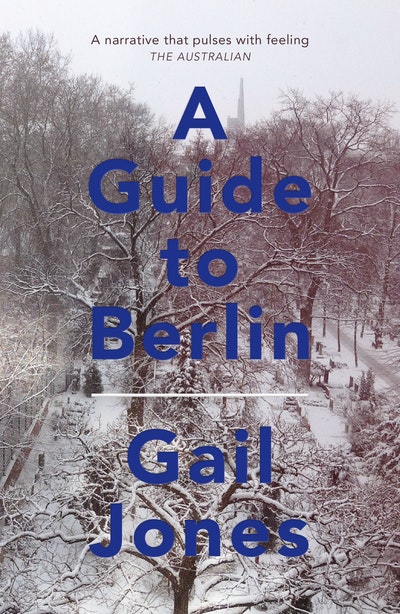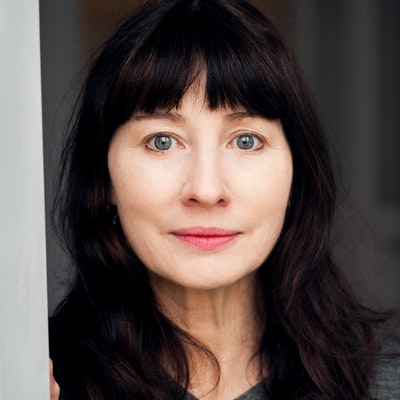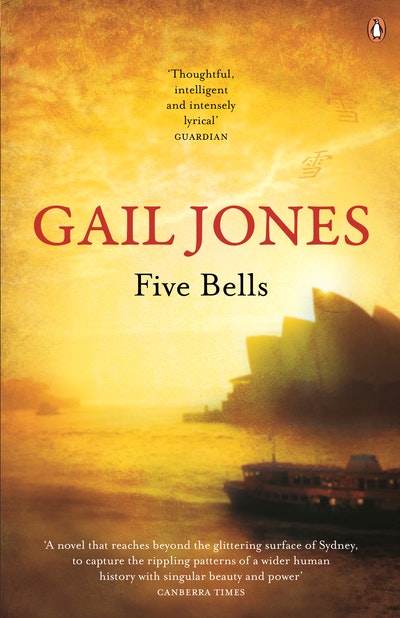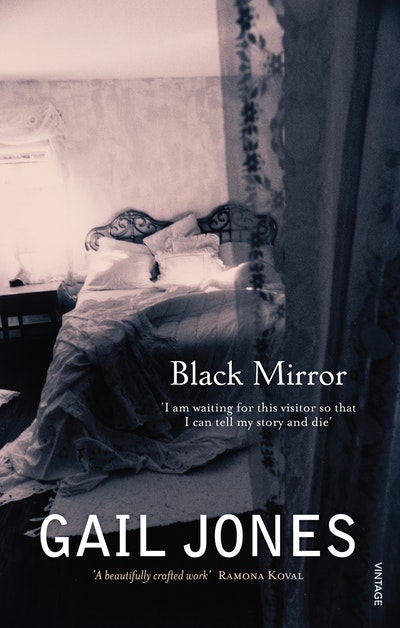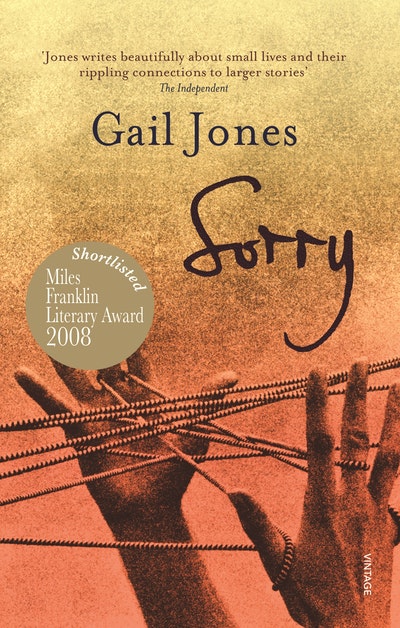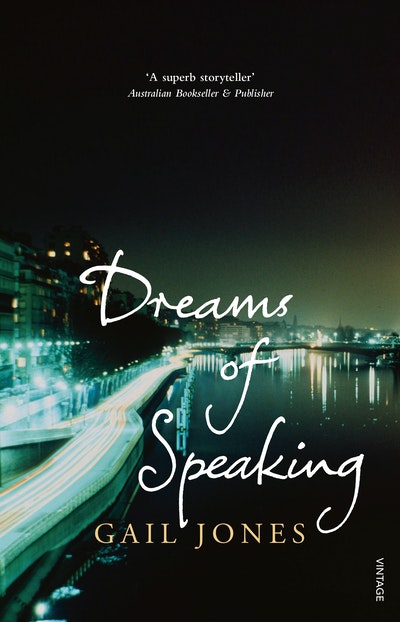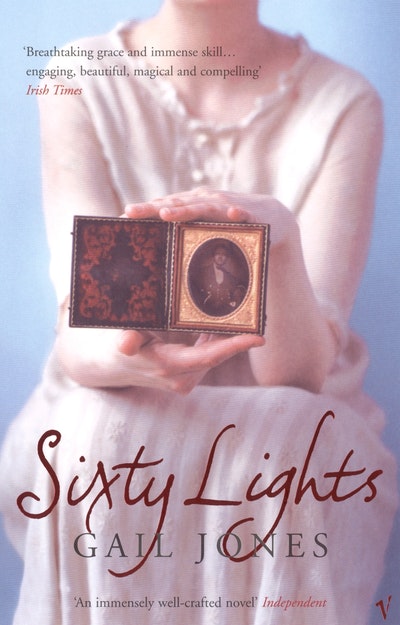- Published: 1 August 2016
- ISBN: 9780857988164
- Imprint: Vintage Australia
- Format: Paperback
- Pages: 272
- RRP: $24.99
A Guide to Berlin
- Published: 1 August 2016
- ISBN: 9780857988164
- Imprint: Vintage Australia
- Format: Paperback
- Pages: 272
- RRP: $24.99
A Guide to Berlin is a very Australian book, but not one parochially so. It reconnects the Australian story to the experience of travel, to displacement, to unsettlement, and to world literature which is also the shared Australian heritage.
Dr Victoria Kuttainen, Colin Roderick Award Judge
A Guide to Berlin pays homage to a great writer, Vladimir Nabokov, whose own fiction provides the title, and to Berlin: a city that is a focus of political and architectural wreckage as well as liberation and civilisation. The novel is both an examination and an enactment of storytelling. A young Australian woman is invited to join a group of international travellers currently living in Berlin. They have a shared interest in the work of Nabokov, and they meet to discuss his writing and to share their own stories. The stories are varied and intriguing; bringing the politics and experiences of each traveller into sharp conjunction with the others. Gail Jones’s novel is designed with architectural precision, inhabited by illuminating discussions of literature, art and life.
Stella judges, Stellla Prize Longlist report
The standout Australian fiction title for me this year is Gail Jones' beautiful and brilliant A Guide to Berlin (Vintage), a novel that references Nabokov from its title through to its themes and structure. While a strong portrayal of place – Berlin in winter is vividly evoked – it is an even more powerful representation of the nature of storytelling and of memory.
Debra Adelaide, The Sydney Morning Herald
It's brilliant. It's beautifully crafted, tender and deeply-felt, an exploration of human relationships, past and present through a 'Nabokovian' speak-memory device (and don't worry if you are not a Nabokov fan, it doesnt matter). There are layers upon layers to unpack and absorb in this bleak, but moving narrative. A fabulous and totally original book.
David Gaunt, Gleaner
I loved Gail Jones' A Guide to Berlin
Fiona Wright, The Sydney Morning Herald
I’ve always felt that Gail Jones is yet to receive the recognition she deserves. This is her sixth novel and it is, I believe, a masterpiece. It is a beautifully constructed novel that builds slowly to its horrific and violent conclusion.
Mark Rubbo, Readings
Both a compelling narrative and a deeply human journey into the heart of darkness by — if you’ll forgive the mixing of metaphors — the back door, by the oblique reference, by “the slant”, and the single devastating moment of violence that will tear apart the group is observed from such a distance and so coolly, McEwanesque, that the horror is magnified rather than diminished. And Jones writes so masterfully, her singing phrases, sentences and periods so delicately balanced, so nuanced, that, again, one nearly misses their power.
William Yeoman, The West Australian
A whimsical, writerly premise that in lesser hands might have been strained, but is brought to life with wit and without self-indulgence. A Guide to Berlin is a tense, elegant and compassionate exploration of memory, humanity and salvation sought in literature. Threads unspool slowly with every precisely weighted word, and the relationships between these relative strangers are compelling and fraught.
Elke Power, Bookseller + Publisher
Gail Jones' latest novel is a brave and brilliant testament to Vladimir Nabokov and his short story A Guide to Berlin.
Adams, Better Read than Dead
A cool, cerebral and intriguing exploration of the impact of past events and of the slender threads that bind us.
Caroline Baum, Booktopia Buzz
Initially A Guide to Berlin seems to be a dance of stories: an exhibition of the way they and their audiences meet and intertwine. However, it is much more than this. Members of the group know one another through stories, but they are also lovers, friends, adversaries and wanderers of the great city. The stories are refracted through these interactions and the novel becomes, at one level, a remarkable investigation of reading and speaking, and of the interaction between high literature and immediate human experience. This interplay is given particular urgency because of the dangers the characters face towards the end of the novel, when the circle of storytellers is dispersed. The novel is a demonstration of both the power of storytelling and its limitations. There is no sentimentality about literary affinities here, and in A Guide to Berlin patterns of loss in 20th-century European history – of friends, lovers, location and literature – appear as part of the celebration of reading and story. Our assumption that we are exempt from literary and historical tragedy is challenged. This is one of the reasons why A Guide to Berlin is so very fine – it is a full and moving exploration of the experience of knowing others through literature and life.
Brenda Walker, The Monthly
A Guide to Berlin, like memory itself – how it forms, what we remember, and in particular how childhood memories can shape the person we become – is complex and layered with meaning. An extraordinarily rich and enriching reading experience.
Robyne Young, Newtown Review of Books
What Jones has done in this cool and intricate novel is to expand the stylistic possibilities and exploit the metaphysical implications of Nabokov’s extraordinary story. She is not the first to do so — figures such as WG Sebald precede her — but a peculiar antipodean twist grants A Guide to Berlin its unique perspective. Hers is an unashamedly cerebral work that will only gain by rereading; but it is also, like its Nabokovian parent, a narrative that pulses with feeling. Its pages finally summon not one ghost but millions of them.
Geordie Williamson, The Australian
Jones never pretends to be Nabokov. She has little of his playfulness and transgressive comic sense, but she is brilliant at encapsulating the small things that make his work so memorable, and this novel does honour to the master. She gives us the pleasures of beautiful writing while reminding us that all fictions, all writing, have a complicated relationship to reality. Nabokov declared that he despised politics in writing, yet his whole life was shaped by the major political events of the twentieth century. Jones, with her band of Nabokov scholars, places him back inside a small part of this history. If you love Nabokov you are likely to enjoy this novel. If you’ve experienced the discomforts of contemporary Berlin – or anywhere in old Europe – in the off-season you may enjoy it more. Even without these credentials you are sure to delight in its exquisite writing.
Susan Lever, Inside Story
The great sense of place and exploration of connections and secrets within this novel is a joy to read.
Bookworld
A Guide to Berlin poses the question of how to respond to the demands of the dead, to history, to traumatic experiences and the memories of others, to friendship, with no equivocation. Reading, like A Guide to Berlin itself, is presented as hopeful (if that word is appropriate given that Cass is seen, in the achingly bleak ending to the novel, ‘simply sliding away’) of playing a part in ethical discourse and admitting its own want of answers. It is committed to complex understandings, to images and allegories speaking memories and their traumatic shadows.
Tanya Dalziell, Sydney Review of Books
Jones explores her power as a writer, finding fresh and illuminating ways to describe things. A Guide to Berlin is a powerful exploration of biography, memory and meaning, which reminds us of their volatility.
Cassie Davies, The Telegraph (UK)
Colin Roderick Award
Winner • 2015 • Colin Roderick Award
The Voss Literary Prize
Second • 2016 • The Voss Literary Prize
Barbara Jefferis Award
Shortlisted • 2016 • Barbara Jefferis Award
Nita B Kibble Literary Awards
Longlisted • 2016 • Kibble Literary Award
NSW Premier's Literary Awards
Shortlisted • 2016 • Christina Stead Prize for Fiction
The Indie Awards
Shortlisted • 2016 • The Indie Awards
The Stella Prize
Longlisted • 2016 • The Stella Prize
Western Australian Premier's Book Awards
Shortlisted • 2016 • Western Australian Premier's Book Awards
